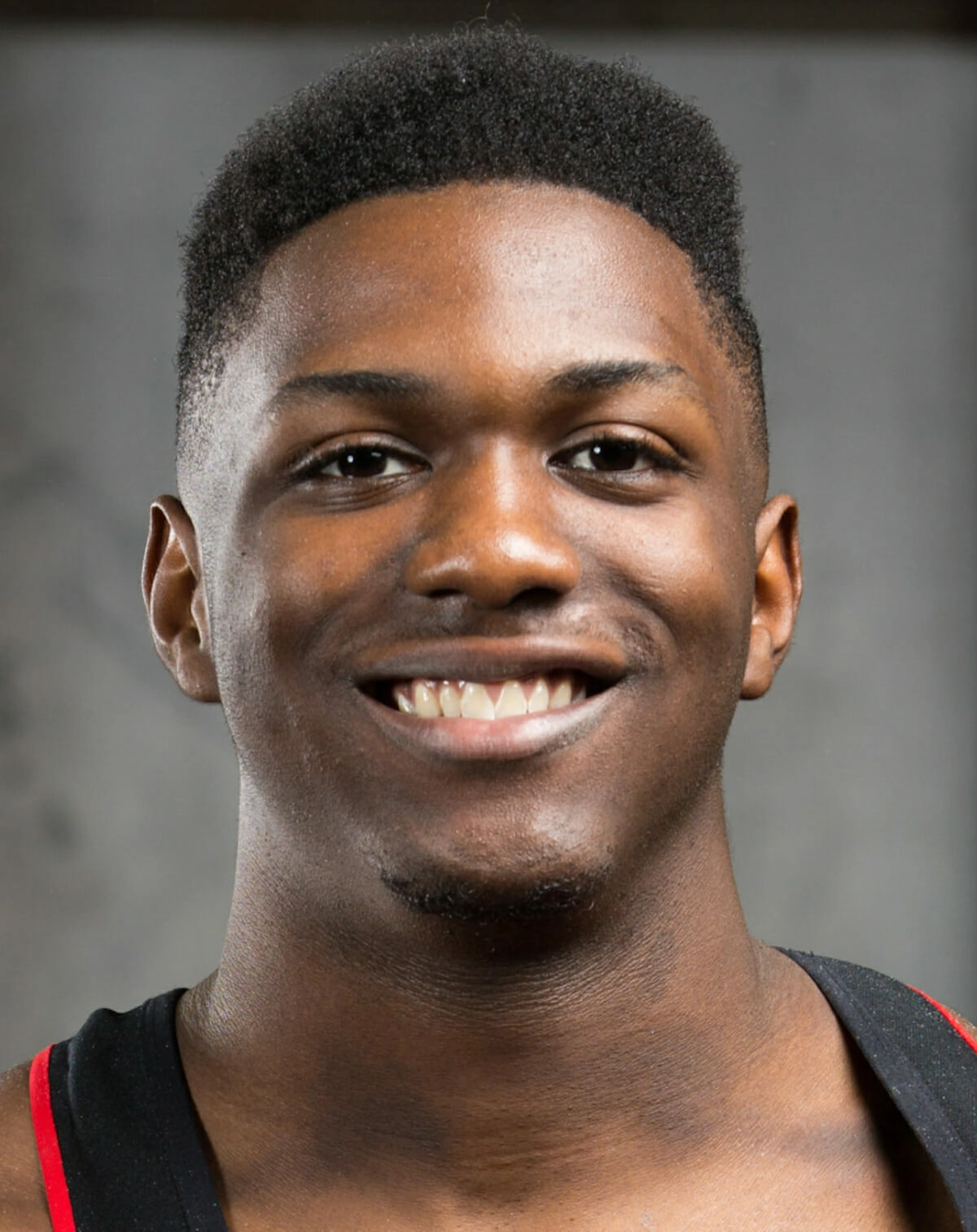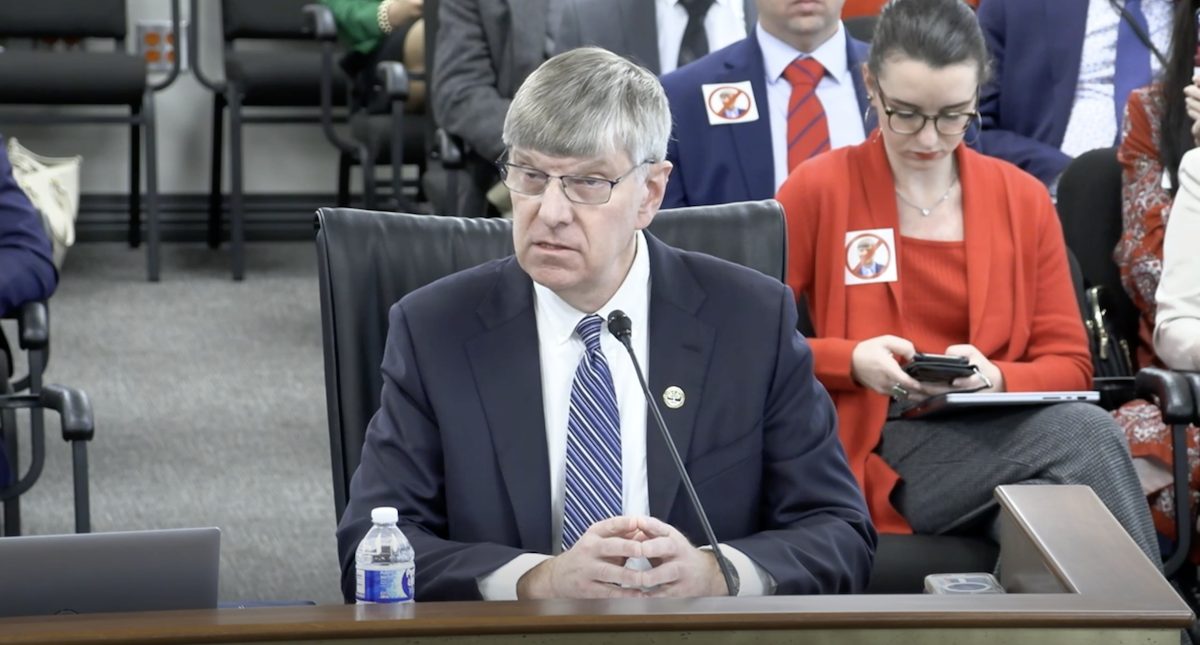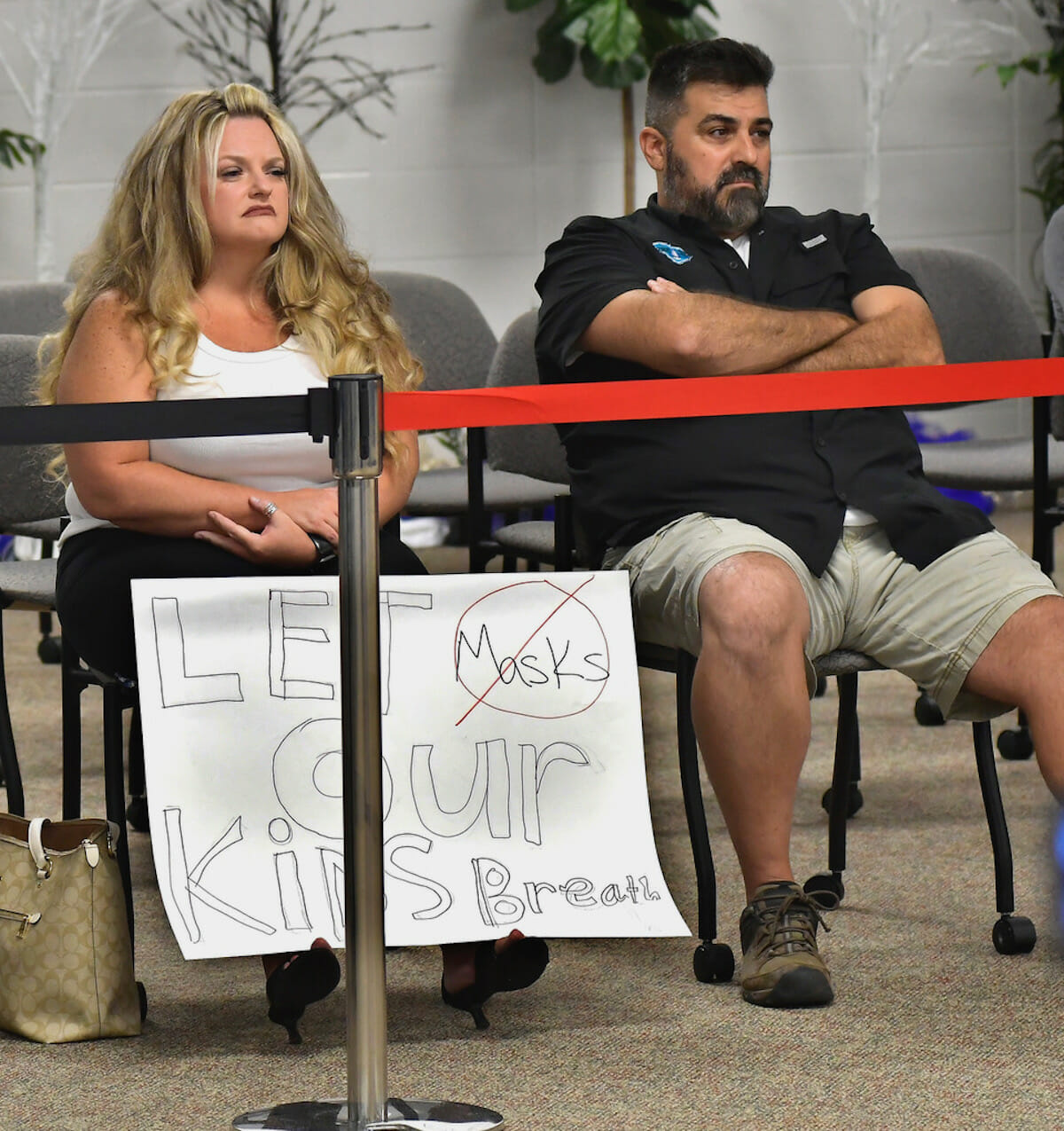How to ask other parents if they are vaccinated
If you and your child have been vaccinated for COVID-19, you may be wondering if their friends’ families have been vaccinated too. But, is it okay to ask?
“I think most of the time a conversation resolves a lot. Keeping things mysterious and unknown and everybody wondering, ‘Should I, shouldn’t I, is it okay, is it not okay?’ increases anxiety for all of us,” said Vanessa Jensen, PsyD, pediatric psychologist for Cleveland Clinic Children’s.
Dr. Jensen said if you’re worried about having your child around someone who isn’t vaccinated, then there’s nothing wrong with asking. However, it is important to remain respectful.
For example, if your child’s friend invites them over and the parent tells you they are not vaccinated, avoid lecturing them. Instead, politely thank them for the invitation and suggest getting the kids together outside another time.
If you have a specific reason why you’re concerned, like an elderly relative, you could share that if it seems appropriate.
“We want to try to help model for our kids. We don’t want to judge people for taking different positions on this one. I know some people are very intense, they have very strong opinions—I don’t feel putting kids in that position is going to be helpful,” explained Dr. Jensen.
She said parents should also be mindful of how they’re explaining to their child why they can’t go to a friend’s house. You don’t need to give a detailed reason, keep it simple and in terms they can understand.
Recovering from sports injuries
Common sports injuries like ligament tears or sprains can sideline athletes for weeks or even months. Often it can seem like elite athletes bounce back quickly from injury. Dr. Kelechi Okoroha, a Mayo Clinic orthopedic surgeon, explains what everyday athletes can do to speed up their recovery process after injury or surgery.
Elite athletes tend to return to play faster after an injury than everyday athletes. Dr. Okoroha, who works with professional athletes and knows what factors they have working in their favor.
“They have very high motivation. They want to get back to their sport. Often, it’s their job, so they have to get back to that quickly,” says Dr. Okoroha. “They’re in better shape than the common-day athlete, their muscles already pretrained, and it’s easier to recover.”
While it may be unrealistic to think the average athlete can bounce back as quickly, Dr. Okoroha says there are steps anyone can take to aid in their recovery process.
“Sleep and nutrition are very important. Sleep plays into a factor of fatigue. If you’re tired, you can have poor mechanics, and then you always want to make sure you optimize your nutrition.”
If an athlete is recovering from an injury that required surgery, physical therapy plays a huge role.
“Orthopedists do the surgery, and they stabilize the ligaments and repair the tissues, but physical therapy is just as important in getting patients back to sport. I tell them (my patients) that you have to make sure you’re adequately going to physical therapy two to three times a week, and they kind of guide your process in terms of recovery,” says Dr. Okoroha.
Exclusive content from CARE Magazine






